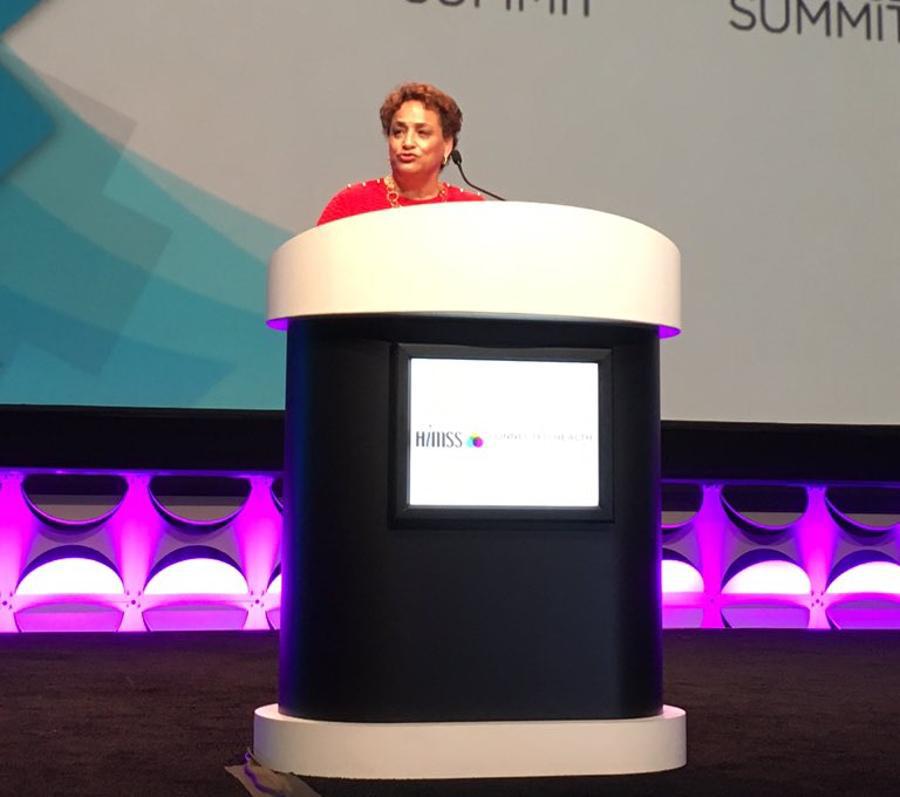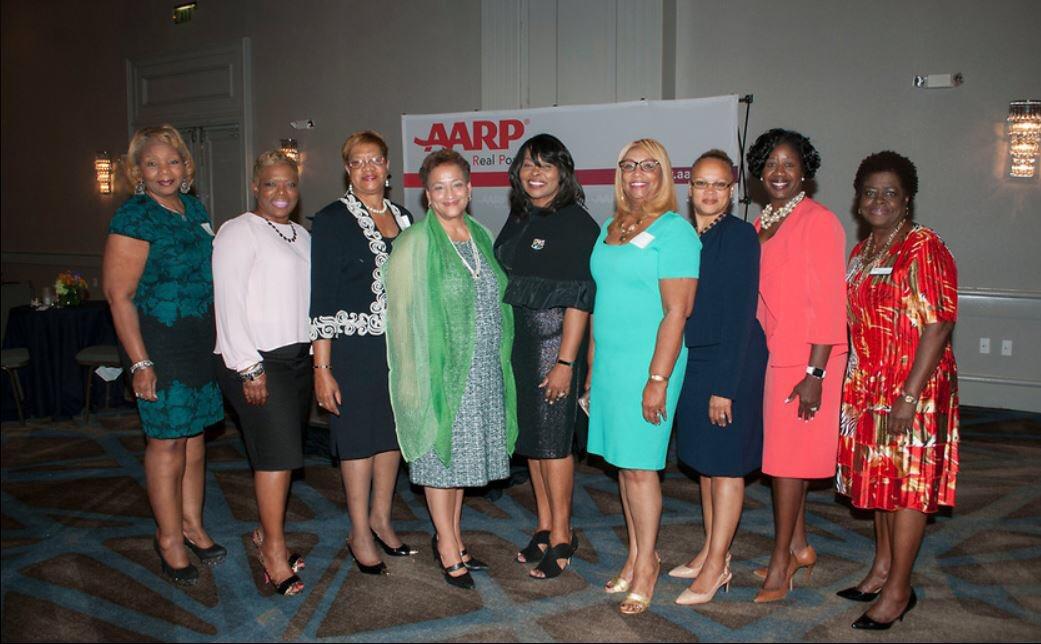In the wake of the COVID-19 pandemic, workplaces have experienced various changes for the better, including the possibility of avoiding traffic and working from home.
Yet, according to one CEO, there’s been an influx of age-related discrimination in the workplace that’s been steadily climbing since the pandemic.
AARP CEO Makes Shocking Claim

The current CEO of the AARP, formerly known as the American Association of Retired Persons, Jo Ann Jenkins, recently joined Barron’s and Andy Serwer for an interview and made the shocking statement.
According to Jenkins, discrimination against older people in the workplace has been on the rise in recent years.
Looking After the Older Generation

The AARP was founded to ensure older generations across America aren’t discriminated against by employers due to their age.
In addition to various resources that help protect citizens of the U.S. from discrimination, they also have legal teams that help Americans during ageism lawsuits.
Value to the Workplace

Jenkins and the AARP, which aims to protect older workers’ rights, argue that employees over 50 bring valuable knowledge and experience to the workplace.
“We have evidence to show that having multiple generations in the workplace at one time is actually a benefit to companies,” Jenkins said (via MSN).
Older Americans Spend as Much as Anyone Else

According to Jenkins, older workers contribute just as much to the workplace and the wider economy as younger generations.
“Fifty-six cents of every dollar in the U.S. is spent by someone over the age of 50,” said Jenkins. “These are the consumers who are actually buying the products that are being put in the market.”
Challenges Can Be Easily Overcome

During the interview, Jenkins explained that one frequent excuse for the acts of ageism stems from employers arguing older generations struggle with technology.
Yet, the CEO argues this can quickly be addressed through training.
Experience of the Older Generations

However, various workplaces acknowledge that older generations have valuable experience and tend to be more reliable.
So, while the technological gap can be bridged with training, experience, on the other hand, is something that the younger generations cannot be taught.
Wisdom Helps Business to Prosper

As an advocate for older persons in the workplace, Jenkins argues their wisdom is an important resource that employers should utilize.
“An older experienced worker … brings that wisdom, brings that culture into an organization,” said Jenkins.
Negative Attention and Loss for the Business

Jenkins points to the idea that businesses lose out in various ways by discriminating against older workers.
However, it’s not always intentional by employers. Unfortunately, a recent trend has seen AI software act in a discriminatory manner toward older potential employees.
Biased AI Results in Lawsuits

Lawsuits have been taking place across America in response to various claims suggesting the algorithms favor younger candidates.
According to Jenkins, many of these cases have already been settled, and they’re working to ensure fewer occur in the future.
Ageism Cases Continue to Be Reported

Since the introduction of the Age Discrimination in Employment Act of 1967 (ADEA) and the Workforce Investment Act of 1998, thousands of complaints have been made.
In 2017 alone, there were over 18,000 reports of ageism in the workplace, according to BuiltIn.
Complaints Cost Companies Millions

The complaints have resulted in significant compensation for some of the victims.
Between 1997 and 2022, businesses have been forced to pay out over $90 million in settlement fees collectively.








































